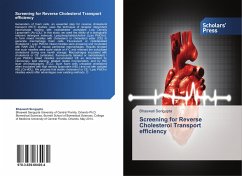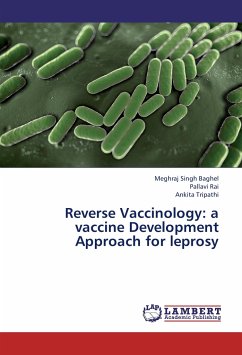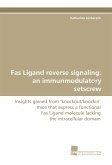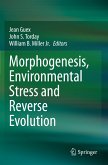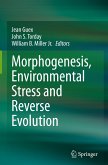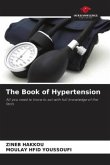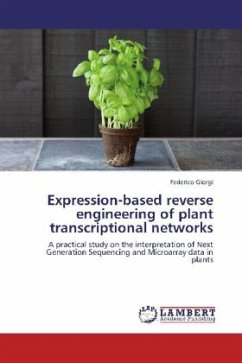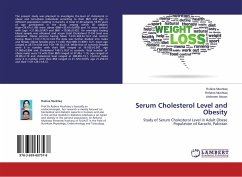Generation of foam cells, an essential step for reverse cholesterol transport (RCT) studies, uses the technique of receptor dependent macrophage loading with radiolabeled acetylated Low Density Lipoprotein (Ac-LDL). In this study, we used the ability of a biologically relevant detergent molecule, Lysophosphatidylcholine (Lyso PtdCho), to form mixed micelles with cholesterol or cholesteryl ester (CE) to generate macrophage foam cells. Fluorescent or radiolabelled cholesterol / Lyso PtdCho mixed micelles were prepared and incubated with RAW 264.7 or mouse peritoneal macrophages. Results showed that such micelles were quite stable at 4°C and retained the solubilized cholesterol during one month storage. Macrophages incubated with cholesterol or CE (unlabeled, fluorescently labeled or radiolabeled) / Lyso PtdCho mixed micelles accumulated CE as documented by microscopy, lipid staining, labeled oleate incorporation, and by thin layer chromatography (TLC). Such foam cells unloaded cholesterol when incubated with high density lipoprotein (HDL) and not with oxidized HDL (Ox-HDL). We propose that stable cholesterol or CE / Lyso PtdCho micelles would offer advantages over existing methods. O
Bitte wählen Sie Ihr Anliegen aus.
Rechnungen
Retourenschein anfordern
Bestellstatus
Storno

